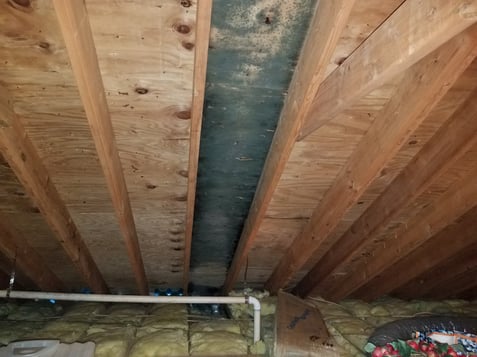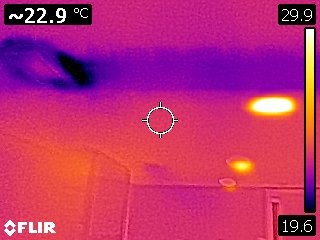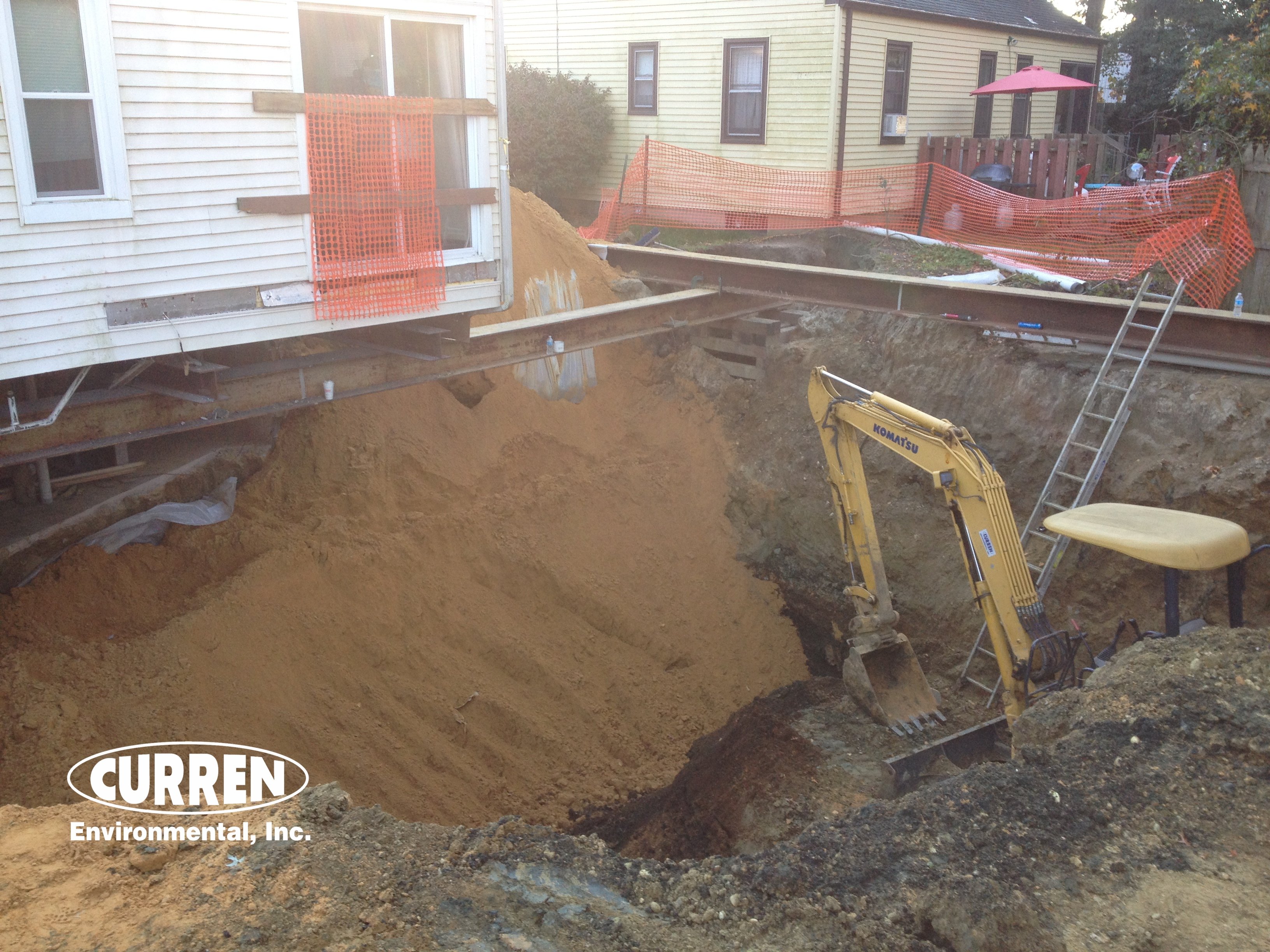Seller and Buyer’s perspective differ on “as is” property sale.
People think when they advertise “as is”, buyers will understand that “you get what you get, and you don’t get upset” and the buyer will in turn, not to ask for repairs. Truth be told every sale is “as is” until the buyer has professional inspections performed. Buyers pay for professional inspections of the home and want things repaired, termite, electric, HVAC, mold you name it. Curren receives phone calls regarding an “as is” sale because the buyer wants the mold remediated or the tank removed. Bottom line an as is sale means different things to different people.
As consumer we are conditioned to receive good service and not buying a headache. If your restaurant meal is not up to expectations, you say something. You buy cars with warranties and will still be miffed if you have to take the car in for warranty repair. Your new technological device not working? You call the help line. Sorry we are used to a certain quality of service (QOS) and products that don’t need repairs in most everything, and buying a home is no different.
An As Is buyer will ask for repairs
On a level playing field a buyer walks through a home with their eyes open, looking to see if the home and property are what they are looking for. When an offer is made the buyer has not Kicked the Tires, so to speak, that happens with inspections. A buyer can see the kitchen is outdated, yard needs a fence and a patio, they will not ask for these items to be addressed because you don’t need a trained eye to see those types of flaws during the walk through of the home. What the buyer cannot see or is not looking for will turn into a request for repair. Once the buyer pays for a professional inspection, such as a home inspections, mold inspections, termite, tank sweeps, and radon, the buyer decides that “as is” is not acceptable. This happens time and time again. The bottom line is that the seller will get the mold and/or tank addressed but will bemoan that they had to fix termite damage, install a radon system, replace the sub pump, fix the leak in the crawl space.

Pro Tip Disclose What you know
Let’s explain the best “as is” situation. The seller decides to pay for their own home inspection prior to putting their house on the market. This report is to share with the buyers. This makes a situation where it is tough for a buyer to dispute the “as is” sale. The seller is not hiding the flaws of their property, but instead, letting the buyers know exactly what they are purchasing in terms of problems. Now, many buyers will still do their own home inspection and reply with their list of repair items that may or may not have been on the seller’s report. Environmental issues such as mold and tanks are not covered under a typical home inspection so can be a surprise to the seller. What you do not know will hurt you as a buyer when it comes to mold and tank environmental issues on a property. By hurt I mean an expense not in your budget.

Pro Tip Negotiating As Is Repairs
When negotiating the repairs, Curren Environmental has seen mold remediation costs split between the parties or a credit provided to a buyer. Oil tanks on the other hand, would normally be removed by the seller since there is a chance that the underground oil tank leaked which can add thousands of dollars to the cost. Bottom line when tanks leak, it may be a costly problem to remediate the contaminated soils. Mold could cost you a few thousand dollars not tens of thousands of dollars.
The term “as is”, when it comes to selling a property may have two different definitions, one for the buyer and one for the seller.


